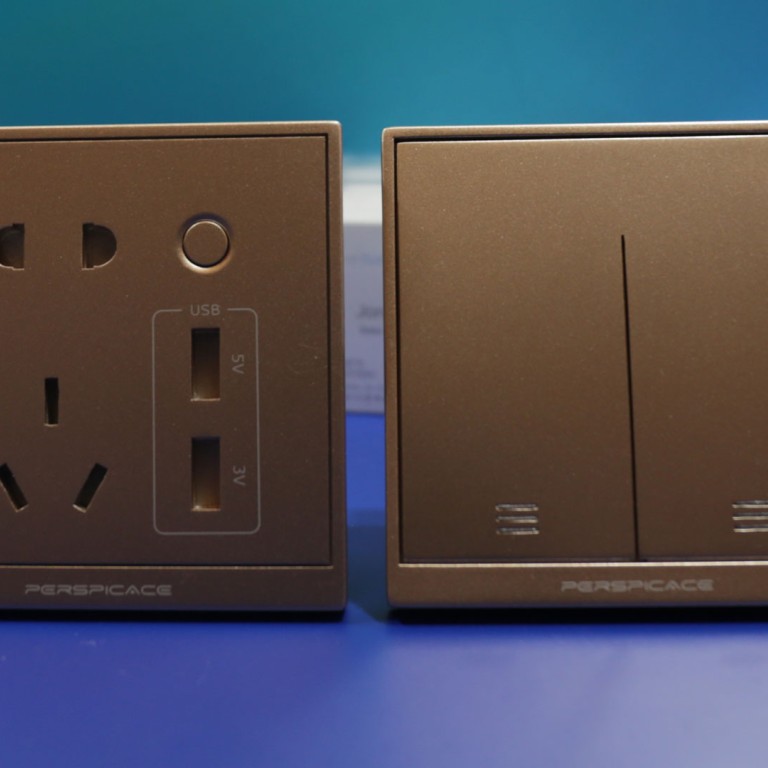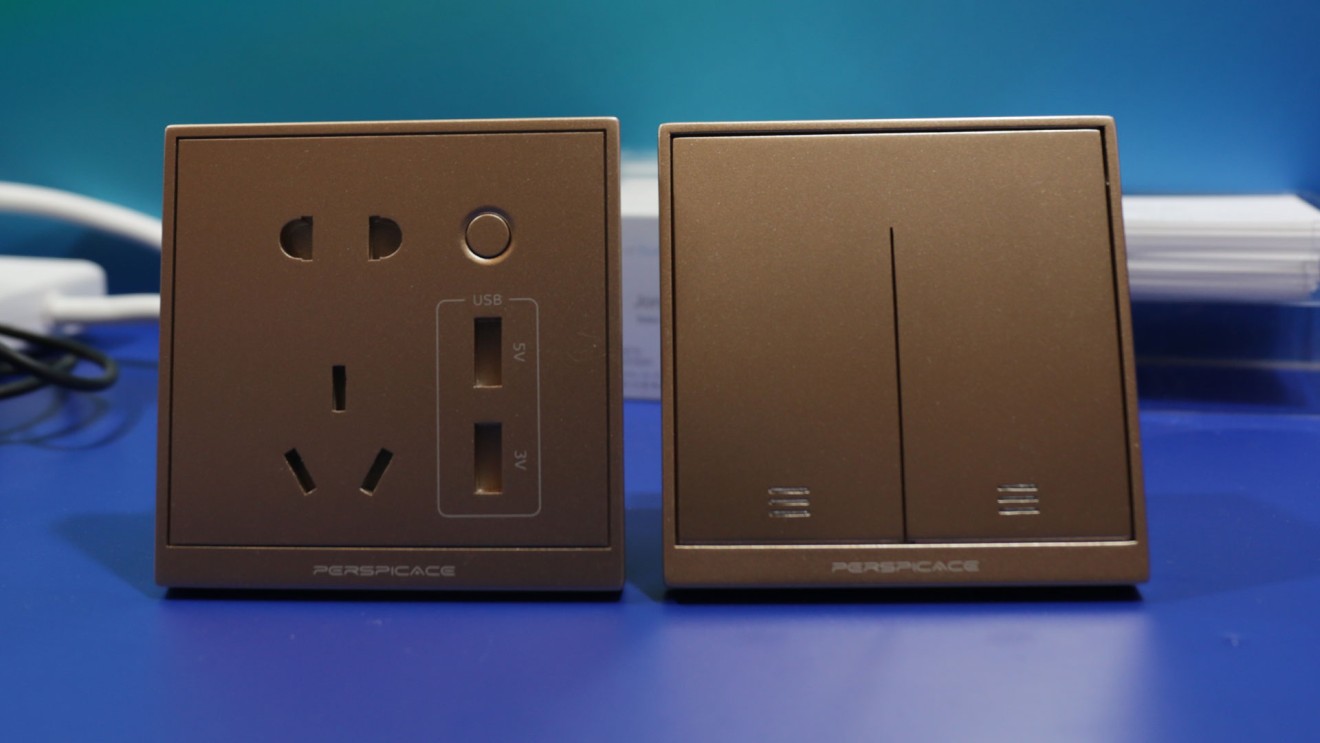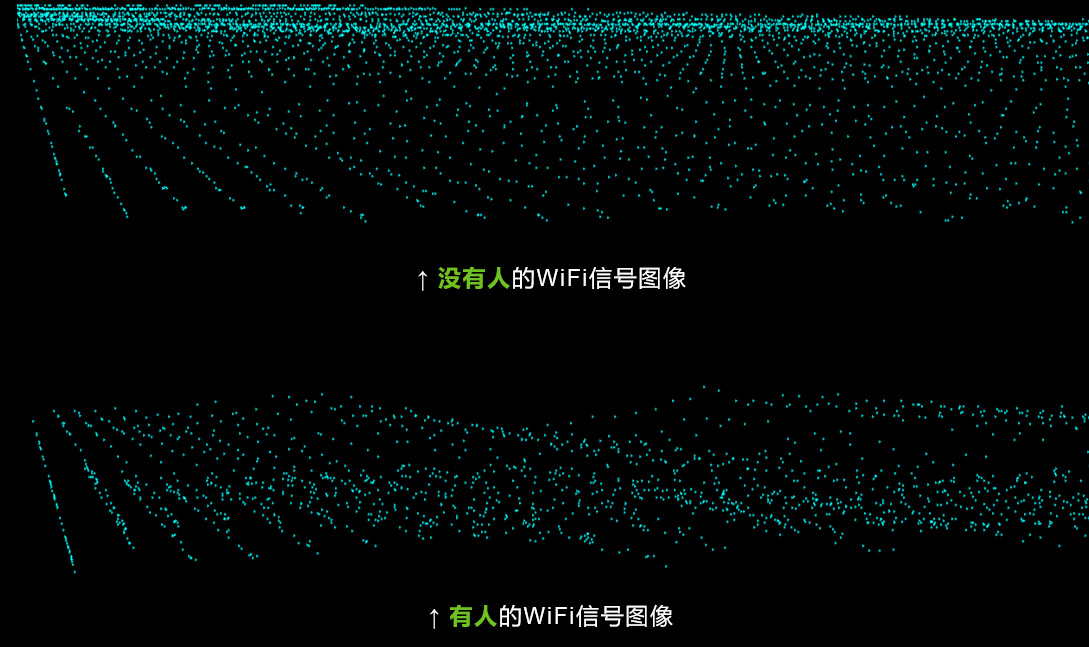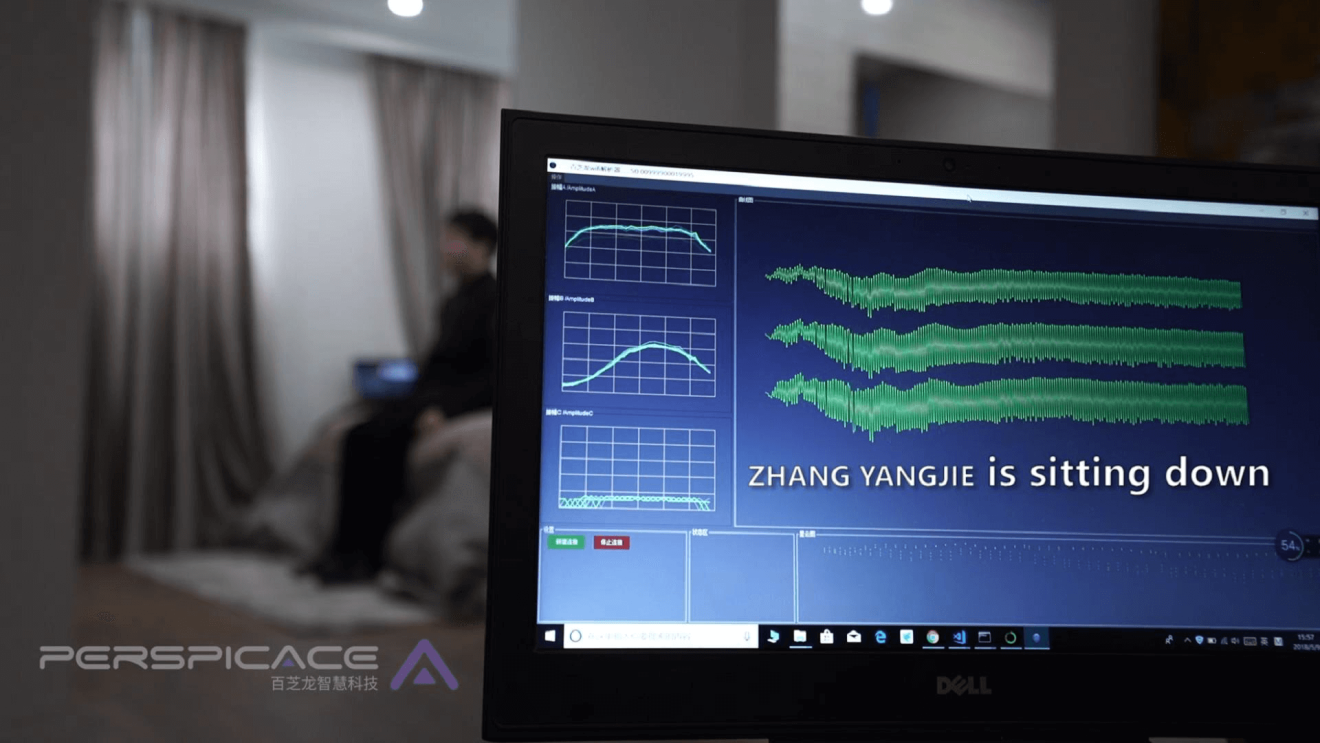
AI startup builds a Wi-Fi motion sensor that knows when you’ve fallen over
China’s Perspicace hired stunt performers to fall over to train sensor
One evening a few years ago, Ken Yip’s grandmother fell off her bed in a Shanghai flat. Frail and injured, the elderly woman spent the whole night lying on the floor, unable to get up and ask for help.
It was an unfortunate episode -- but Yip, the CEO and founder of Shanghai-based startup Perspicace, thinks it could have been avoided. At the Microsoft AI Summit in Hong Kong, he showed me what he calls a Wi-Fi Bio-detector: a device that looks like a standard wall socket combined with a switch box.
Yip says the device combines a Wi-Fi router with AI algorithms that are designed to detect various kinds of human movement. Here’s how it works: In a room without people, a Wi-Fi router distributes signals in a stable and tidy manner. But when someone enters the room, the signals become disturbed -- creating noise that is instantly registered on the detector.
So for example, if you’re standing, you disturb the signals in a certain kind of way. But if you then fall, your movement creates a different kind of disturbance entirely. Yip’s challenge was to find a way to translate the data he was gathering into something useful -- working out whether this signal disturbance he detected meant a person was standing, sitting, even breathing heavily.

Yip, who returned to China after a career in AI with the French gaming giant Ubisoft, started working on the idea in 2013. Yip says he hired a large number of people to work in teams of three -- collecting data 24-7. One person would go about his daily life, while the others record his movement. While that happens, a machine in the background would register any changes in Wi-Fi signals.
But that’s not all. To perfect their understanding of each motion, Yip said he recruited stunt performers. With the falling motion, for instance, he asked them to act out different types of falls -- ranging from tripping to fainting. Their machine learning algorithms need to learn from some 3,000 data sets for each type of movement. Together, it took five years for Perspicace to accumulate the over 5 million data sets it has today.

The team believes the technology can be useful beyond nursing homes -- like in hotels. Ever been interrupted by housekeeping when you’re sleeping, or even in the shower? With this technology, Yip says they’ll be able to know if someone is inside without having to disturb guests.
But this also brings up questions of privacy. After all, if the sensor is as accurate as Yip says it is, do we really want hotel employees knowing exactly what we’re doing?
Yip reasons that his product is actually less creepy than existing technology.
“Right now everybody is talking about the camera,” he said. “But the camera, no matter how secure it is... it takes actual images -- the risk is always there. We don’t take any images. We only take signal noise and nobody knows what it means [except for us].”

Yip says his startup is currently working on more than a dozen projects, mostly with luxury residential developers looking to build smart homes across Shenzhen, Guangzhou, Chongqing, Nanjing, and Shanghai.
Others are requesting more creative uses of their technology, including one that harnesses its ability to detect a heartbeat and breathing.
“One of our customers want to know if people are taking drugs in their room or not. So now we have to train our AI to learn that,” Yip said, with a smile that made us wonder just how rigorous their testing will be...
We checked out the new AI concept store from Alibaba and Guess
For more insights into China tech, sign up for our tech newsletters, subscribe to our Inside China Tech podcast, and download the comprehensive 2019 China Internet Report. Also roam China Tech City, an award-winning interactive digital map at our sister site Abacus.

